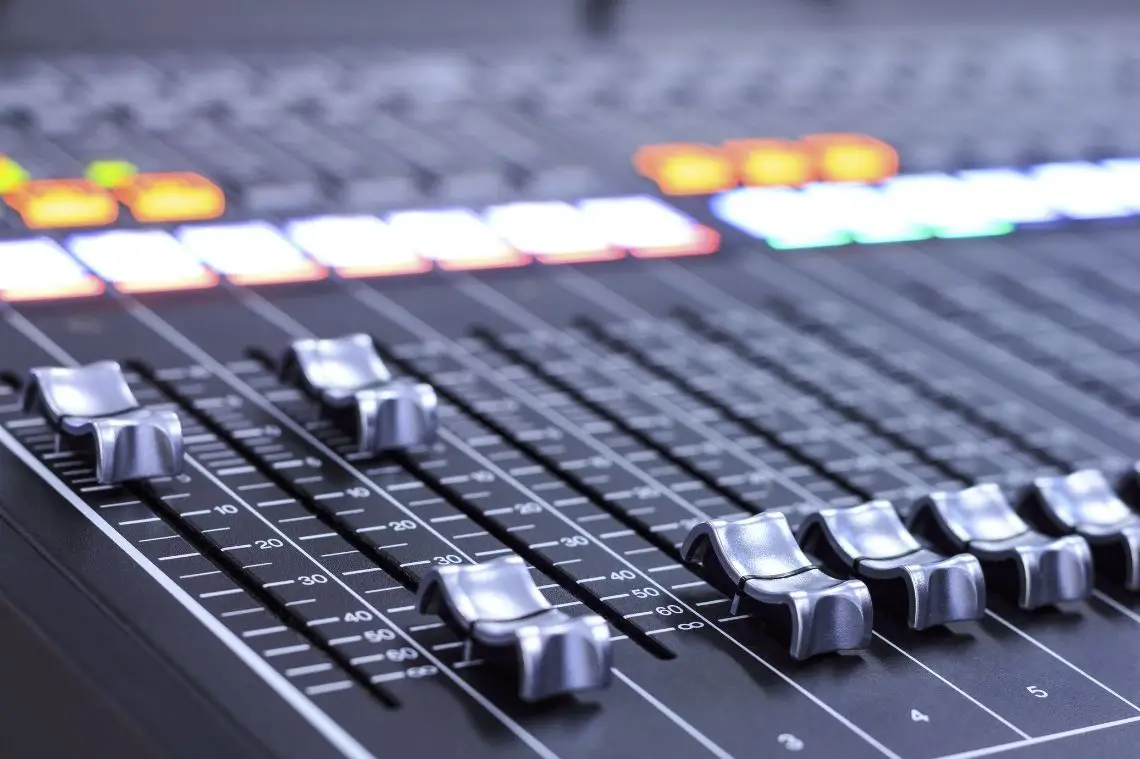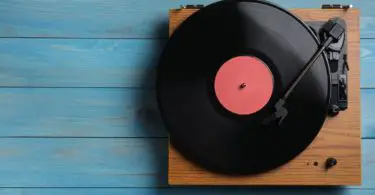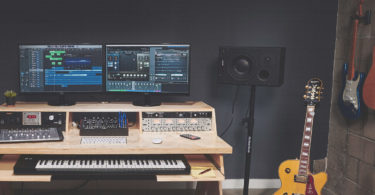Making music is a fascinating experience. From the day you kick-start your endeavor or career, you can never lose your artistry. Your skills, talent, and finesse will only grow and change, and the true fun begins the moment you think outside the box to create something new or unexpected.
In the wide world of creation and production, there are numerous unconventional music recording techniques to try for yourself. Here are some clever and creative ways to provide listeners with a powerful, unique, or larger-than-life experience.
Play Instrumental Musical Chairs
What kind of musician are you? Those who are in a group or band can give this technique a try for recording purposes. Think of the tactic similar to the game of musical chairs, but instead of randomly choosing a chair to sit on, you’re swapping instruments. Switch around guitarists, drummers, vocals, and keyboardists. If you think it’s too offbeat, remember that Bob Dylan used this type of instrument switch to create a raw, unexpected, and high-charting song.
Capture and Manipulate Variable Sounds
Generally speaking, music is a high-intensity stimulus. Whenever we hear new music, our auditory cortex is busy processing it. This is why we often must listen to a song several times over to ease ourselves into the character of a new sound. The natural response of the human ear to the sonic vibrations is non-linear.
You can use this comprehensive knowledge to your advantage as a musician. Consider what makes sounds most stimulating to a listener. Does your song need a fuller or more interesting tone? Set up an extra mic near an instrument for lo-fi sounds, or be like John Lennon and sing into an underwater mic to capture a wobbly warble.
Layer and Liberate Vocals
As long as you have a quality mic and XLR cable on hand, there’s more than one way to make your lyrics shine. Vocal freedom and experimentation are another of the unconventional music recording techniques to try. Use two mics. Sing backward. Vocalize in different directions to dampen or heighten sounds. Find natural reverb in unusual places. Loop a choir’s worth of harmonies in the background. Be creative!
Whether you’re a beginner or a professional, anyone can make great music when they use originality and creativity. Don’t solely think about how to make a song bigger or better or concern yourself with fame. Music is a common language. Your goal isn’t to make songs sound better conventionally. Rather, make them sound far more fascinating with an alternative approach.







Start the discussion at talk.hearthemusicplay.com